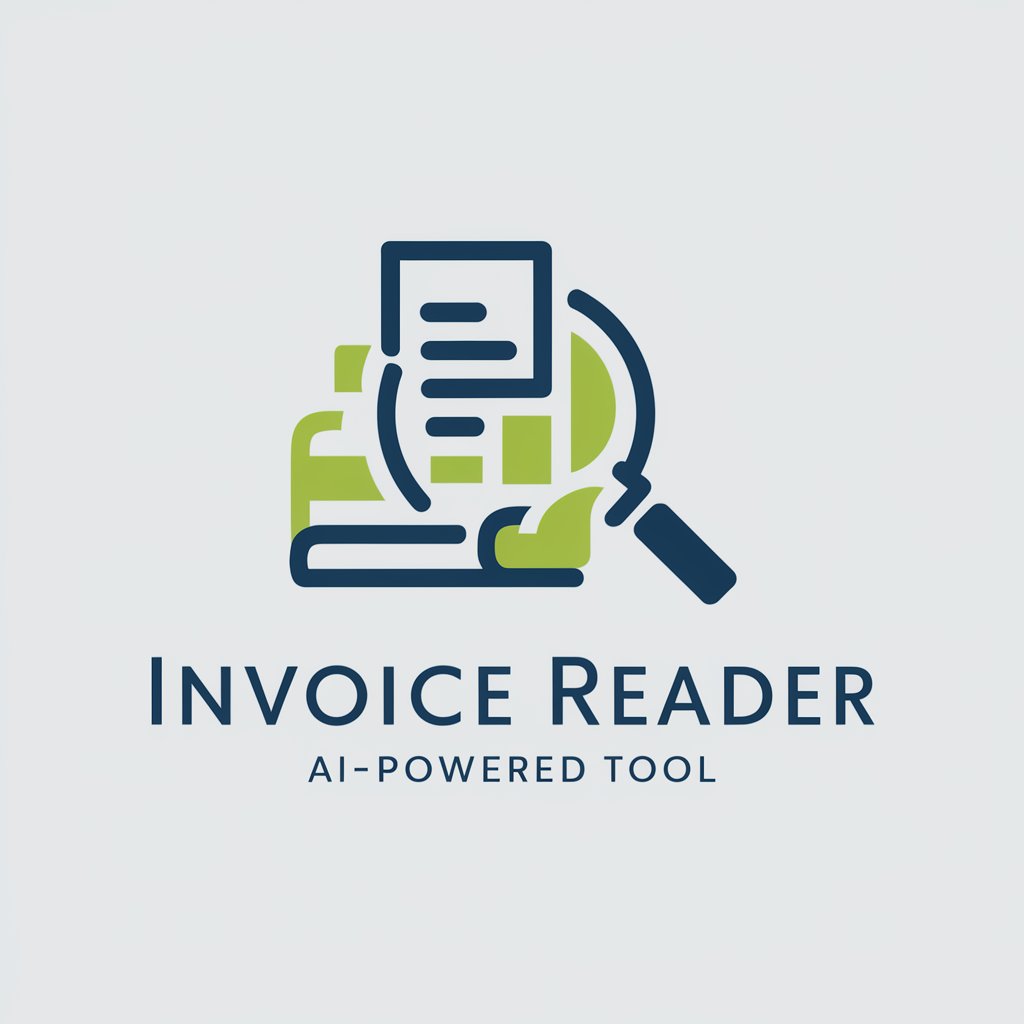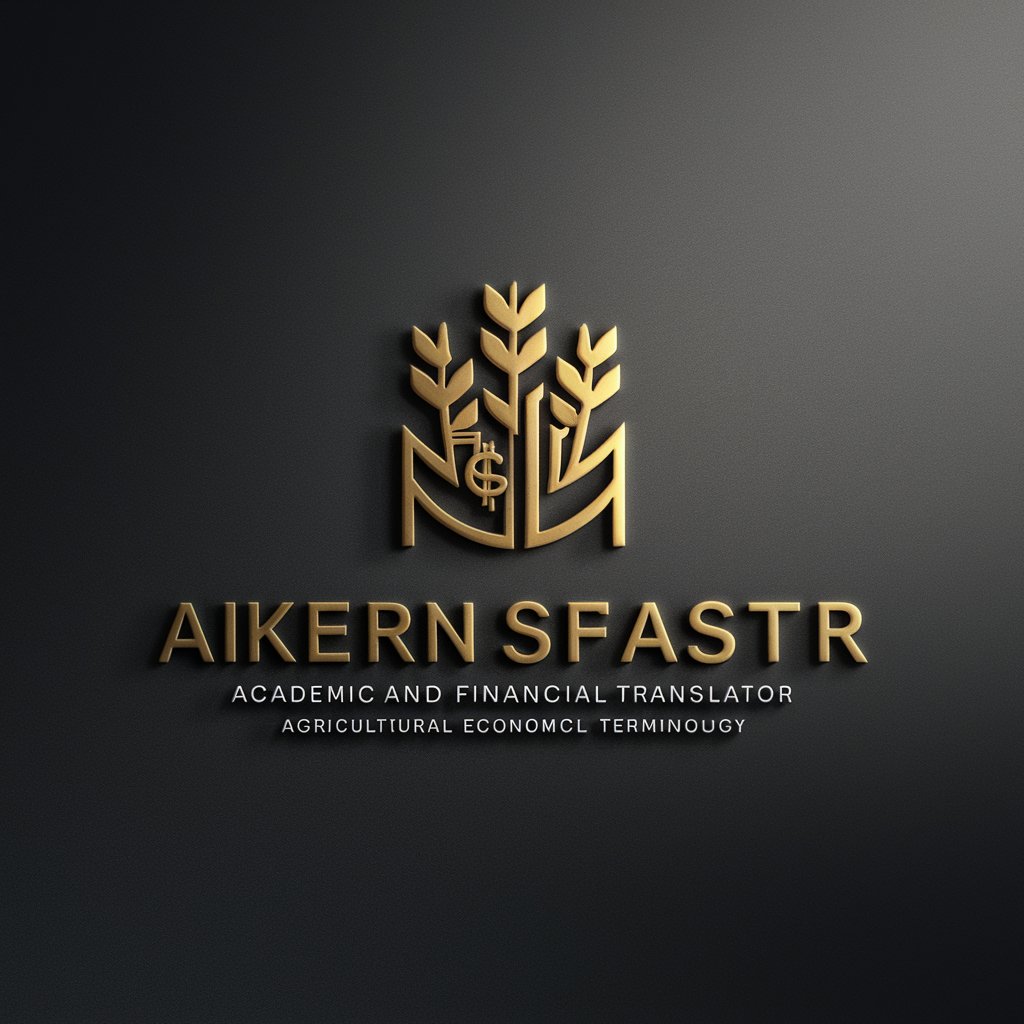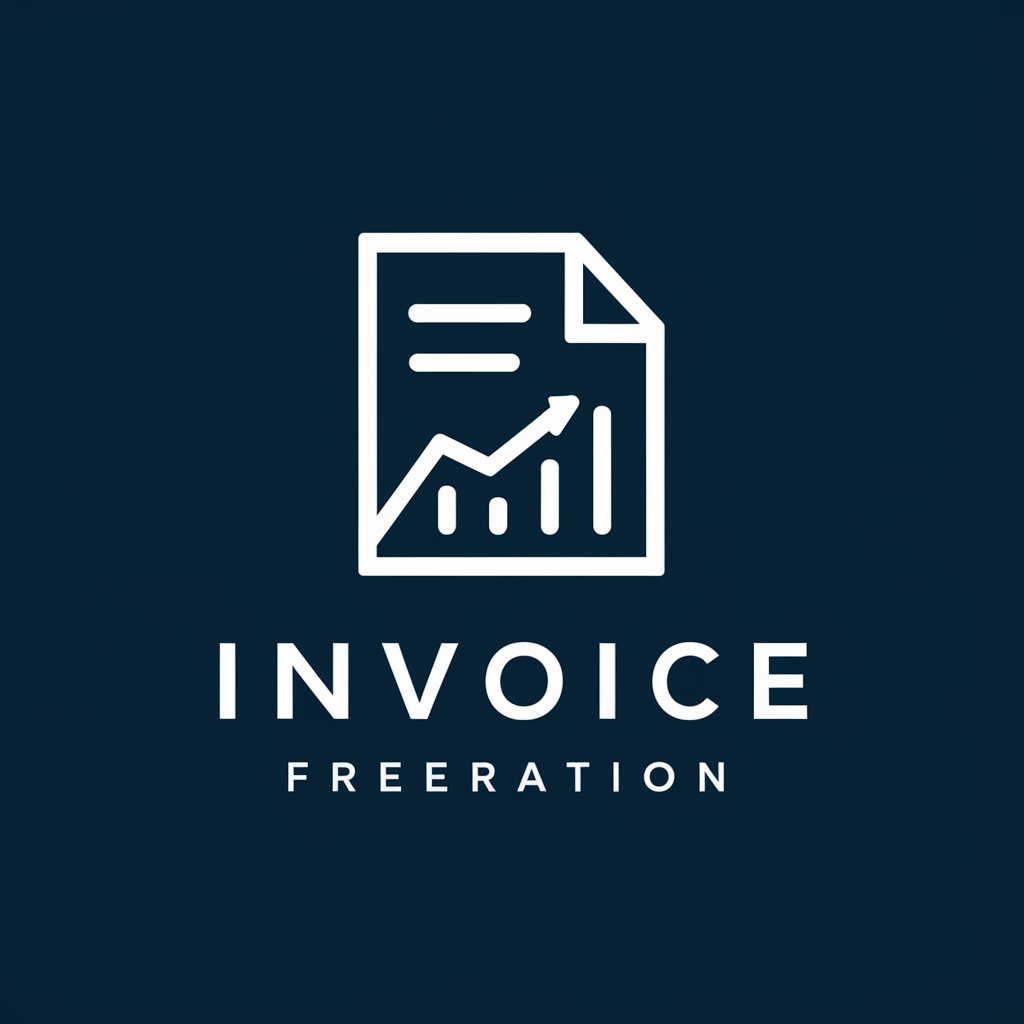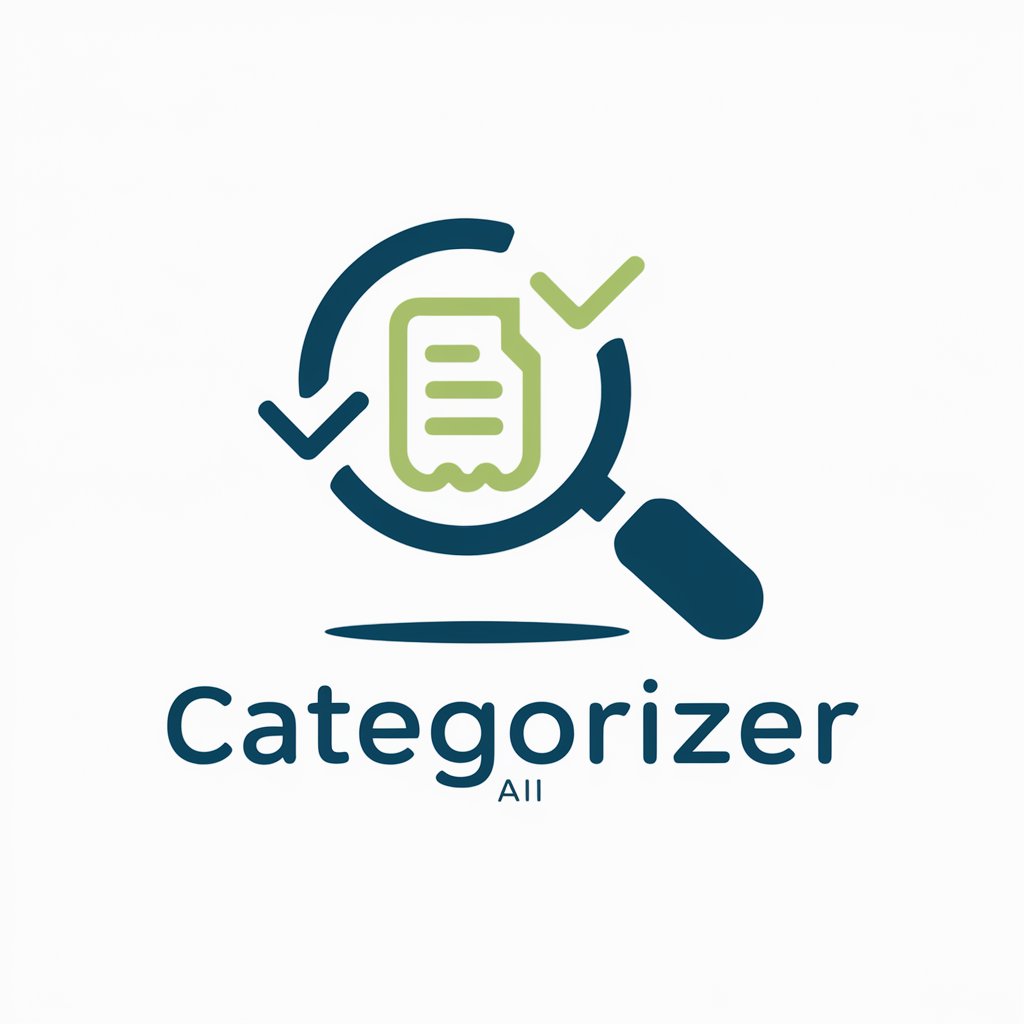8 GPTs for Financial Documentation Powered by AI for Free of 2025
AI GPTs for Financial Documentation are advanced artificial intelligence tools based on Generative Pre-trained Transformers technology, tailored for creating, analyzing, and managing financial documents. These tools utilize natural language processing to understand and generate text, making them particularly effective in automating financial reporting, auditing, and compliance tasks. By leveraging AI GPTs, businesses and financial professionals can streamline processes, enhance accuracy, and make data-driven decisions more efficiently.
Top 8 GPTs for Financial Documentation are: Invoice Reader,Academic and Financial Translator,Miday,Pelcro GPT,Expense Justifier (3 sentences),SBA Loan Assistance,Invoice by [Office Brain],Categorizer
Invoice Reader
Streamlining Financial Data with AI

Academic and Financial Translator
Precision in Every Word, Power in Every Translation

Miday
Streamlining Invoicing with AI

Pelcro GPT
Streamline Your Billing with AI

Expense Justifier (3 sentences)
Empowering Research with AI-Driven Expense Justifications

SBA Loan Assistance
Empowering Your SBA Loan Journey with AI

Invoice by [Office Brain]
Simplify invoicing with AI-powered efficiency
![Invoice by [Office Brain] in GPT Store](https://r2.erweima.ai/i/JpFdW_uSRVubMGIGSG2NxQ.png)
Categorizer
Streamline expenses with AI precision.

Key Attributes of Financial AI GPTs
AI GPTs for Financial Documentation stand out for their adaptability across a range of financial tasks, from generating financial reports to analyzing market trends. Key features include natural language understanding for interpreting complex financial jargon, data analysis capabilities for extracting insights from financial datasets, and customization options that allow for the development of bespoke financial models and documentation. Furthermore, these tools support multi-language documentation and offer technical assistance, including web searching and image creation, to enrich financial documentation.
Who Benefits from Financial AI GPTs
The primary users of AI GPTs for Financial Documentation include financial analysts, accountants, auditors, and business executives, alongside novices interested in financial planning and reporting. These tools are accessible to individuals without programming backgrounds, thanks to user-friendly interfaces, while also offering extensive customization capabilities for developers and professionals seeking specialized solutions.
Try Our other AI GPTs tools for Free
Tax Preparation
Discover how AI GPTs for Tax Preparation can transform your tax filing experience with advanced automation, personalized guidance, and secure data handling. Perfect for individuals and professionals alike.
Application Assessment
Discover how AI GPTs transform Application Assessment with automated, scalable, and intelligent tools designed to enhance application evaluation, testing, and optimization.
Extracurricular Evaluation
Discover how AI GPTs revolutionize extracurricular evaluation with personalized feedback, progress tracking, and holistic development insights.
Project Continuation
Discover how AI GPTs for Project Continuation can transform your project management with advanced automation, real-time insights, and tailored solutions.
Match Predictions
Unlock the power of AI for match predictions with our advanced GPT tools, designed for accurate forecasts and insights across sports and eSports.
Intimacy Counseling
Discover how AI GPTs for Intimacy Counseling can transform your relationship with personalized, accessible, and confidential guidance.
Expanding Financial Capabilities with AI GPTs
AI GPTs for Financial Documentation not only automate routine tasks but also offer deep insights into financial data, helping businesses identify trends and make informed decisions. Their adaptability across different financial sectors, combined with user-friendly interfaces, makes them a valuable asset for integrating advanced AI capabilities into existing financial systems.
Frequently Asked Questions
What are AI GPTs for Financial Documentation?
They are AI tools designed to automate and enhance the creation, analysis, and management of financial documents, leveraging natural language processing and machine learning.
How do AI GPTs improve financial documentation processes?
They streamline the generation and analysis of financial reports, improve accuracy, and facilitate data-driven decision-making by automating routine tasks and analyzing large datasets.
Can AI GPTs handle complex financial terminology?
Yes, they are equipped with natural language understanding capabilities that allow them to interpret and generate documents containing complex financial jargon accurately.
Are there customization options available for these AI tools?
Absolutely, users can tailor these tools to their specific needs, ranging from simple template-based documents to complex financial models and analyses.
Do AI GPTs support multi-language documentation?
Yes, these tools are capable of understanding and generating financial documents in multiple languages, making them suitable for global financial operations.
How accessible are AI GPTs for novices in finance?
AI GPTs for Financial Documentation are designed with user-friendly interfaces that require no programming skills, making them highly accessible to novices.
Can these tools integrate with existing financial systems?
Yes, they are designed to be flexible and can be integrated with existing financial systems and workflows, enhancing productivity and efficiency.
What technical support is available for users of financial AI GPTs?
Users can access a range of technical support options, including documentation, online communities, and customer service, to ensure they can fully leverage the capabilities of these tools.